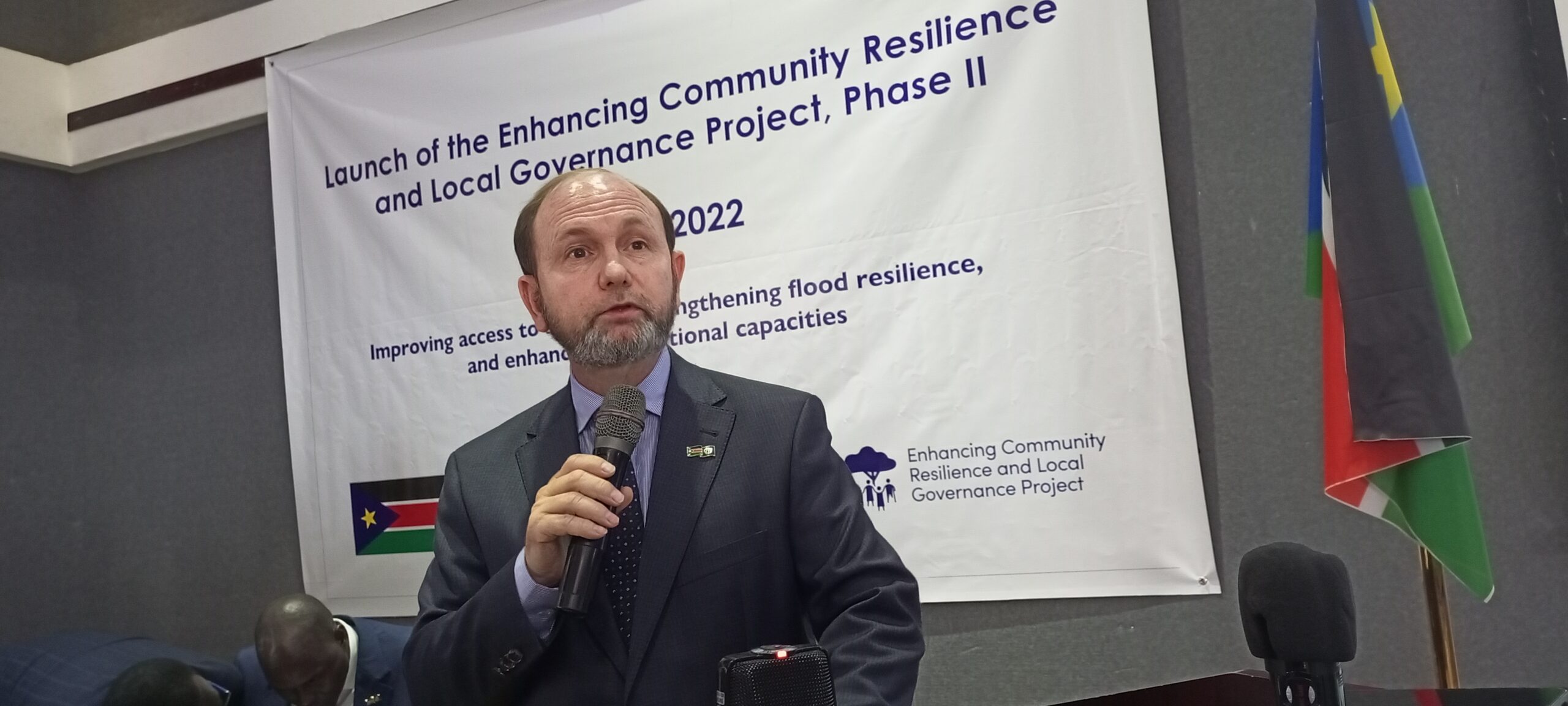The World Bank has on Wednesday published the Country’s Economic Memorandum detailing hindrances and potentials to South Sudan’s economic growth.
The Economic Memorandum is a handbook of World Bank’s knowledge product that provides an assessment of the country’s drivers of growth and productivity.
It pin-points South Sudan’s economic performance since independence with a focus on leveraging the country’s natural capital to support recovery and resilience.
According to World Bank, oil and agriculture dominate South Sudan’s economy -with oil contributing 90% of revenue and almost all exports – while agriculture remains the primary source of livelihoods for more than four in five households.
But, the country has not yet managed to achieve high levels of diversified growth.
Some of the reasons the world financial institution cited include; instability, localized conflicts, lack of accountability and poor economic data collection.
The institution also highlighted what the country can do to sustain future growth.
The recommendations include addressing the drivers of fragility, ending all forms of conflict and ensuring peace and stability in all parts of the Country are prerequisites for an inclusive economic recovery.
Another step to stay on the course of macroeconomic reforms and continue the stabilization path while building on the key milestones already achieved in unifying the exchange rate and taming inflation.
More so, improve the oil sector governance by ensuring that all oil revenues and expenditures are on the budget and used effectively to achieve national development goals.
The memorandum also supports the resilience of agricultural sector to reverse the food crisis and achieve food security for all households.
Firas Raad, the World Bank Country Manager for South Sudan said peace and stability are the major drivers of a viable economy in the country.
“Probably the largest driver of growth in the South Sudanese context could be peace and stability and from peace and stability, the are large economic dividends,” Mr. Raad said.
For his part, the World Bank’s Economist for South Sudan Joseph Mawejje said the country would have had an improved economy if it wasn’t for the conflicts.
“What you see in South Sudan now could be three times more if there wasn’t conflict. The second one is that, if we have improved accountability and governance the oil sector can do more and there has been extensive discussions on what it would take to achieve that,” he remarked.
According to a report released by the global financial body, South Sudan remains severely fragile, with economic stagnation and instability a decade after independence.
The April’s report indicated that poverty is present all over the country and is being reinforced by ongoing inter-communal conflict, displacement, and external shocks.
Meanwhile, the Minister of Petroleum Puot Kang blames the economic meltdown on the absence of refineries in the Country.
He says if the country had refineries, there would be enough hard currency supply in markets to stabilize the country’s economy.
“If we have refineries at the border, then we will have hard currency for sure because Ethiopia is big but when you look at our region. Sudan today does not have enough crude to be refined in the refineries. Meaning the only alternative to them is us. If our refinery works and we have rules, we will have a market.”
South Sudan remains in a serious humanitarian crisis.
Some two-thirds of South Sudan’s population, equating to 8.9 million people, are estimated to be in need of humanitarian assistance in 2022, an increase of 600,000 since 2021.
The Economic Memorandum is seen as a road map to guide the country’s economy towards prosperity.

